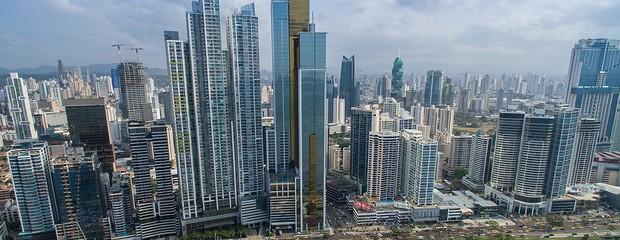Uganda: How Not To Disarm
Everyone supports “uniform, complete, and balanced across all tribal and ethnic groups.” People are unanimous that they “want peace and they see disarmament as the best way to end the insecurity.”
These statements are true in Darfur. But the quotations are from a report on Karamoja in north-east Uganda, where for the last three years the Karamoja Integrated Disarmament and Development Programme has sought to bring to an end the region’s thirty-year history as one of the most lawless places on the African continent.
A recent report from the Feinstein International Center, Changing Roles, Shifting Tasks: Livelihood Impacts of Disarmament in Karamoja, Uganda, documents how despite unanimous support for disarmament as a goal, most experiences of disarmament have been negative. What makes this a particularly important case to study is that the KIDDP is an integrated, donor-supported, multi-stakeholder effort that is intended to include development as well as disarmament.
The report describes two sets of problems. One is that the process of disarmament is largely forcible and associated with human rights abuses. Most operations are carried out by the Ugandan People’s Defence Force using cordon and search methods, leading to arbitrary detention and physical abuse against young men.
The second is unintended consequences. These include: “increased insecurity for communities; stripping of essential and productive assets; the erosion of traditional mechanisms to cope with vulnerability and food insecurity; shifts in gender-based labor roles, responsibilities and identities; transfer of animal management responsibilities; and the collapse of the dual settlement and migratory systems central to the success of pastoral and agro-pastoral livelihoods” (p. 12).
The report describes how disarmament exercises are often followed by an increase in attacks, because imbalanced disarmament results in the selective vulnerability of those who have been disarmed. Among disarmed communities, men are unable to protect their livestock while herding, so that they corral their animals near army garrisons. The animals are weakened and the community is impoverished. The army gains control over herding practices and livelihoods, and the burden of supporting families shifts to women. Obliged to go out into the bush to forage, women and girls are more exposed to sexual violence than before. Some people interviewed by the authors predicted a process of illegal rearming.
The report makes for sobering reading for anyone concerned over the future of Darfur.







This experience is unsurprising. My question is, what have the successive international mediatiors for the Darfur conflict done to take this into account? Or are they strictly bound by UN Security Resolution 1564 and so committed to the disarmament of the Janjaweed?
The first step on the road to disarmament should be cantonment of heavy and crew-served weapons first, including technicals/”doshkas,” kept under guard by U.N. forces, proceeding in parallel with Sudanese Army withdrawals and drawdowns of the state security apparatus (i.e., Border Police, Transhumant Police).
Responsibility for armed groups should be vested in designated individuals, who will then have incentive to control the behavior of the combatants/former combatants within their jurisdiction.
Disarmament should not, at this stage, cover small arms, which should be retained one per able-bodied male (I am presuming that a gender-equitable formula would be difficult and perhaps impractical, as I have not heard anything about female fighters).